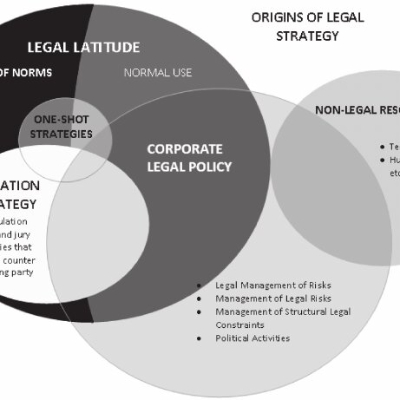Developing a legal strategy is crucial for individuals and businesses facing legal issues. In this article, we will explore the main keyword “developing a legal strategy” and provide you with valuable insights into the process. By following these guidelines and understanding the importance of a well-crafted legal strategy, you can navigate the complexities of the legal system effectively.
Understanding the Importance of Developing a Legal Strategy:
When faced with legal matters, having a well-defined legal strategy is essential for the following reasons:
- Clear Objectives: A legal strategy helps you define your objectives and align your actions accordingly. It ensures that your legal efforts are directed towards achieving specific goals.
- Mitigating Risks: By developing a legal strategy, you can assess and mitigate potential risks involved in your legal matter. This proactive approach helps you prevent unfavorable outcomes and protect your interests.
- Resource Allocation: A legal strategy allows you to allocate your resources effectively. By identifying the most crucial aspects of your legal case, you can focus your time, energy, and finances on the areas that matter the most.
Key Steps in Developing a Legal Strategy:

Below are the key steps to develop a strong legal strategy:
- Assess the Situation: Begin by thoroughly analyzing your legal matter. Identify the key issues, potential challenges, and available resources. This assessment enables you to understand the intricacies of your case and plan accordingly.
- Define Your Goals: Clearly define your desired outcomes. Whether it is to win a lawsuit, negotiate a settlement, or secure intellectual property rights, having well-defined goals helps shape your legal strategy.
- Consult with an Attorney: Seek legal advice from a reputable attorney who specializes in the relevant area of law. A skilled attorney can provide valuable insights, guide your decision-making process, and ensure that your strategy aligns with legal regulations.
- Gather Evidence: Collect and organize all relevant documentation, witness statements, and any other evidence that supports your legal case. Strong evidence strengthens your position during negotiations or court proceedings.
- Analyze Risks and Anticipate Opposing Strategies: Assess the potential risks and strategies that the opposing party may employ. By identifying their tactics and planning effective countermeasures, you can better respond to their actions.
Implementing and Adjusting Your Legal Strategy:
Once your legal strategy is developed, it’s important to implement and adjust it accordingly. Throughout the legal process, consider the following:
- Regular Review: Regularly review and assess the effectiveness of your legal strategy. Make adjustments as necessary based on new information or changes in circumstances.
- Communication: Maintain open communication with your attorney to ensure your strategy remains aligned with your goals and evolving circumstances.
Conclusion:
Developing a comprehensive legal strategy is an essential component of achieving success in legal matters. By understanding the importance of a solid strategy, following the key steps, and seeking guidance from qualified professionals, you can navigate the legal landscape with confidence. Remember to adapt and adjust your strategy as needed throughout the process, and always prioritize clear communication with your legal team.











